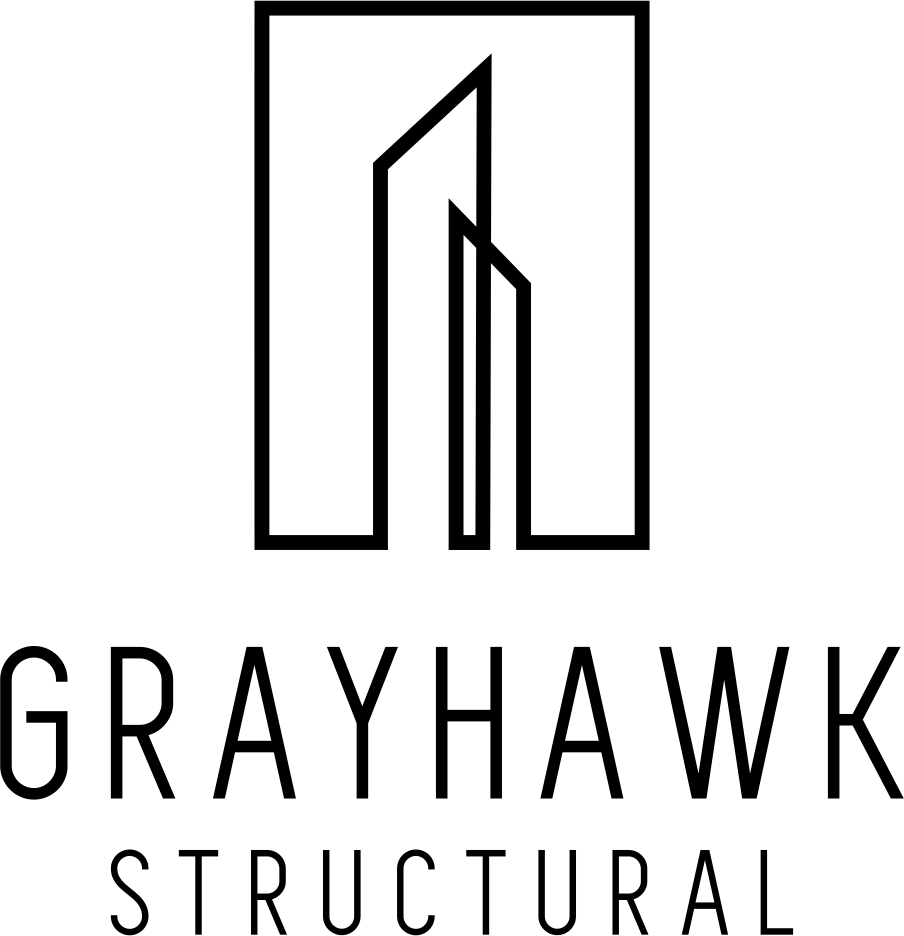Embarking on a residential building project demands meticulous planning to ensure both financial prudence and structural excellence. It's vital to navigate the balance between cost-saving measures and maintaining the integrity and quality of the final structure. Here are five strategic approaches to achieve substantial savings without compromising on the integrity of your residential project:
1. Embrace Functional Simplicity: Opting for streamlined designs doesn't mean sacrificing quality. By focusing on functional simplicity, you can minimize unnecessary complexities while maximizing utility and aesthetics. Simplified designs not only reduce material and labor costs but also enhance efficiency during construction without compromising the overall integrity of the structure.
2. Efficient Material Management: Efficient material management is crucial for cost savings without compromising quality. Collaborate closely with your architect and builder to create a precise materials list, minimizing waste and unnecessary expenditures. Prioritize the use of durable, high-quality materials that offer long-term value, ensuring the structural integrity of your project while avoiding unnecessary expenses.
3. Explore Innovative Construction Methods: Innovative construction methods offer opportunities for significant cost savings without compromising quality. Consider alternatives such as prefabrication, modular construction, or advanced panelized systems. These methods not only streamline the construction process but also reduce labor costs and minimize material waste, ensuring optimal efficiency without compromising structural integrity.
4. Strategic Negotiations with Suppliers and Contractors: Effective negotiation with suppliers and contractors can yield substantial savings without sacrificing quality. Obtain multiple quotes for materials and labor, leveraging competition to secure the best possible deals. Build strong relationships with suppliers and contractors to negotiate favorable terms and explore opportunities for discounts or incentives. Prioritize quality craftsmanship and reliability while seeking cost-effective solutions to maximize savings without compromising integrity.
5. Invest in Long-Term Efficiency: Investing in long-term efficiency measures is essential for sustainable cost savings without compromising quality. Incorporate energy-efficient features such as insulation, windows, and HVAC systems to reduce utility bills and maintenance costs over time. Explore government incentives and tax credits for energy-efficient construction to further enhance cost savings while ensuring the longevity and integrity of your residential project.
In conclusion, achieving significant cost savings on residential building projects requires a strategic approach that prioritizes quality and integrity. By embracing functional simplicity, efficient material management, innovative construction methods, strategic negotiations, and long-term efficiency investments, homebuilders can realize substantial savings without compromising the integrity of their project.
With the support of Grayhawk Structural's third-party review services, you can confidently streamline your project, optimize material usage, explore innovative construction methods, or invest in long-term efficiency—all while maintaining the highest standards of quality and integrity. Trust in our expertise to help you achieve your goals without breaking the budget.
